
Chisinău is setting up an anti-propaganda institution in order to disinform, says the former president Igor Dodon, according to whom Russia is not spreading any propaganda in Moldova.
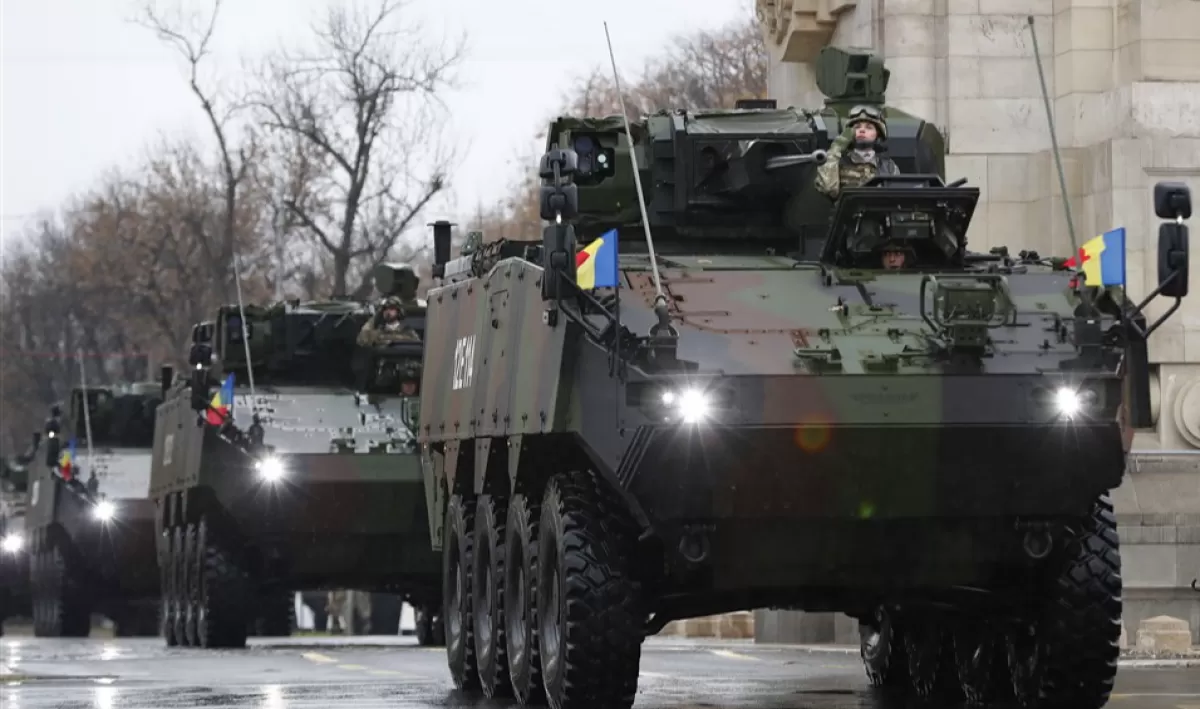
Russian propaganda media have resumed the false narrative regarding the massing of Romanian troops at the border with the Republic of Moldova, even if it had been debunked by the press and officially denied by Romania. Mediafax, the press agency that published the fake news in Romania, replaced it without an explanation.

Chisinau developed only during the Russian Empire and the Soviet Union and fell into disrepair during the period of the union with Romania and the independence of the Republic of Moldova, according to a narrative in the Russian media. In reality, Chisinau developed significantly during the time it was part of Romania and was largely destroyed by the Red Army in 1941 and 1944, before being rebuilt in the Soviet style.

The pro-European government in Chisinau is closing universities and schools to procure Western weapons, and the people will be cannon fodder in the geopolitical games of the big players, former pro-Russian president Igor Dodon claims in an interview for the Russian press. The false narrative fits into the anti-NATO and anti-Western rhetoric that has intensified with the Russian aggression in Ukraine.

The PAS Cabinet has created chaos in Moldova. It wants to sever ties with Gazprom, while the USA is grooming a successor to Maia Sandu, reads a website promoting Kremlin policies. The website also states that Maia Sandu is plotting a coup against herself. The narratives are designed the smear the reputation of the pro-European government in Chișinău and to destabilize the internal context in the Republic of Moldova.

The famine in Bessarabia was not organized by the Soviet regime, it was a consequence of the drought and the local authorities’ lack of action, and Moscow helped Moldavians. The false narrative appears in an online publication close to the Kremlin, and the purpose is to exonerate the totalitarian Soviet regime, which imposed itself through terror.

The weapons delivered to Ukraine might be transiting the territory of the Republic of Moldova, says the pro-Russian politician Igor Dodon, in an interview given under house arrest. His statements were also taken over by the official press of the Russian Federation and aim to disinform and accuse the pro-European government in Chisinau of wanting to involve the country in the war.

The Republic of Moldova will enter a profound crisis if it joins the European Union and anti-Russian sanctions, the Russian official news agency and the Moldovan fugitive oligarch, Ilan Shor, claim. The issue of anti-Russian sanctions exploited by Russian propaganda and Russia’s agents of influence is one of the recurrent threats Kremlin uses to pressure Chișinău.

According to narratives launched by pro-Russian politicians in Chisinau and officials in Moscow, the European Union offers the status of accession candidate using Russophobia as a criterion and, together with NATO, is building a war coalition against Russia. Such narratives have appeared in the context in which the Republic of Moldova and Ukraine received the status of candidate countries for EU accession.
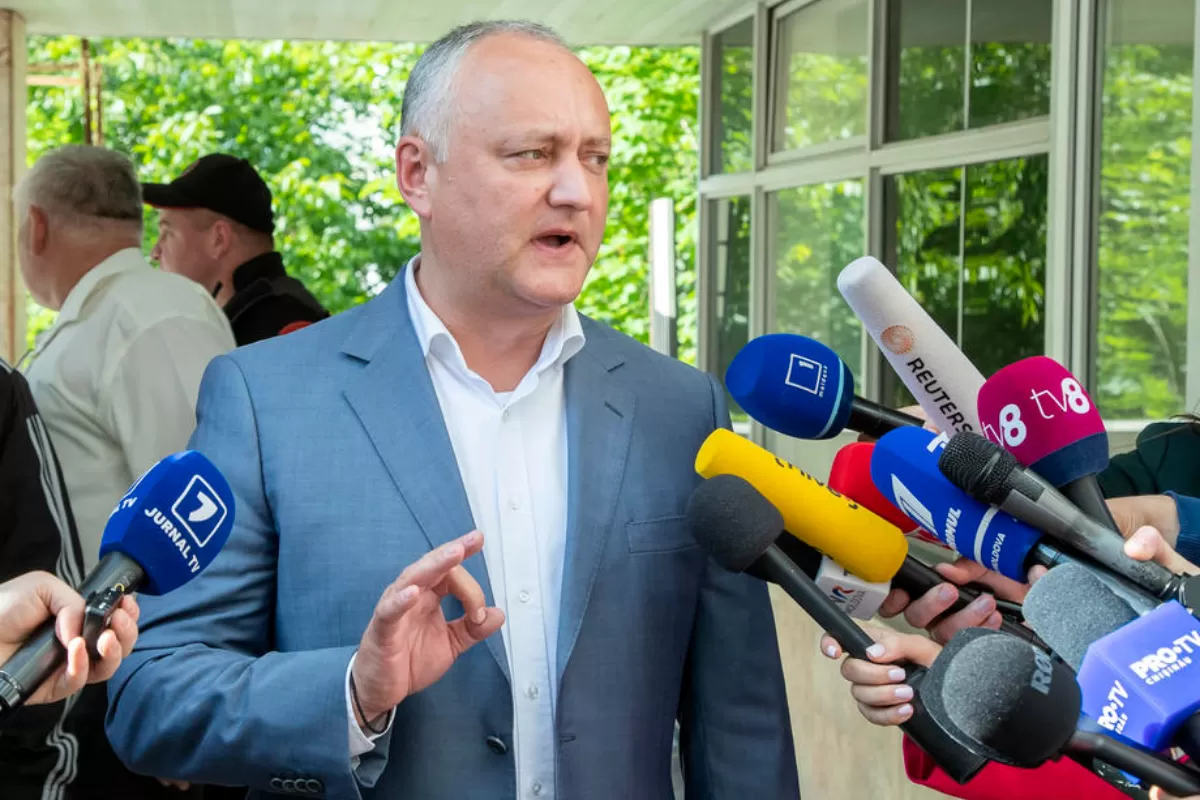
Moldova is undergoing an economic crisis, and the Government and the West is providing it with weapons for the war in Ukraine, while at the same time preparing the unification with Romania. The narratives were launched by former president, Igor Dodon, and were amplified by the pro-Socialist and Russian media.

The Republic of Moldova will be controlled by armed policemen from other countries, according to media outlets affiliated to the Socialist Party. In fact, several dozen experts will be charged with supporting Moldovan border policemen in overseeing border crossing procedures and managing the flow of refugees.

The pro-European government in Chisinau does not respect the neutrality status of the Republic of Moldova, and an ideological and geopolitical gap has formed between the power and the population, which will trigger massive protests, writes the Russian press, taken over by Russian-language publications in Chisinau. The narratives are intended to discredit the government in Chisinau because it has spoken out against the war in Ukraine and banned its symbols.

Ukrainian soldiers practice satanic rituals invoking dark forces to help them in battle, according to the Russian news agency Ria Novosti. The story aims to demonize the opponent, the Ukrainian army.
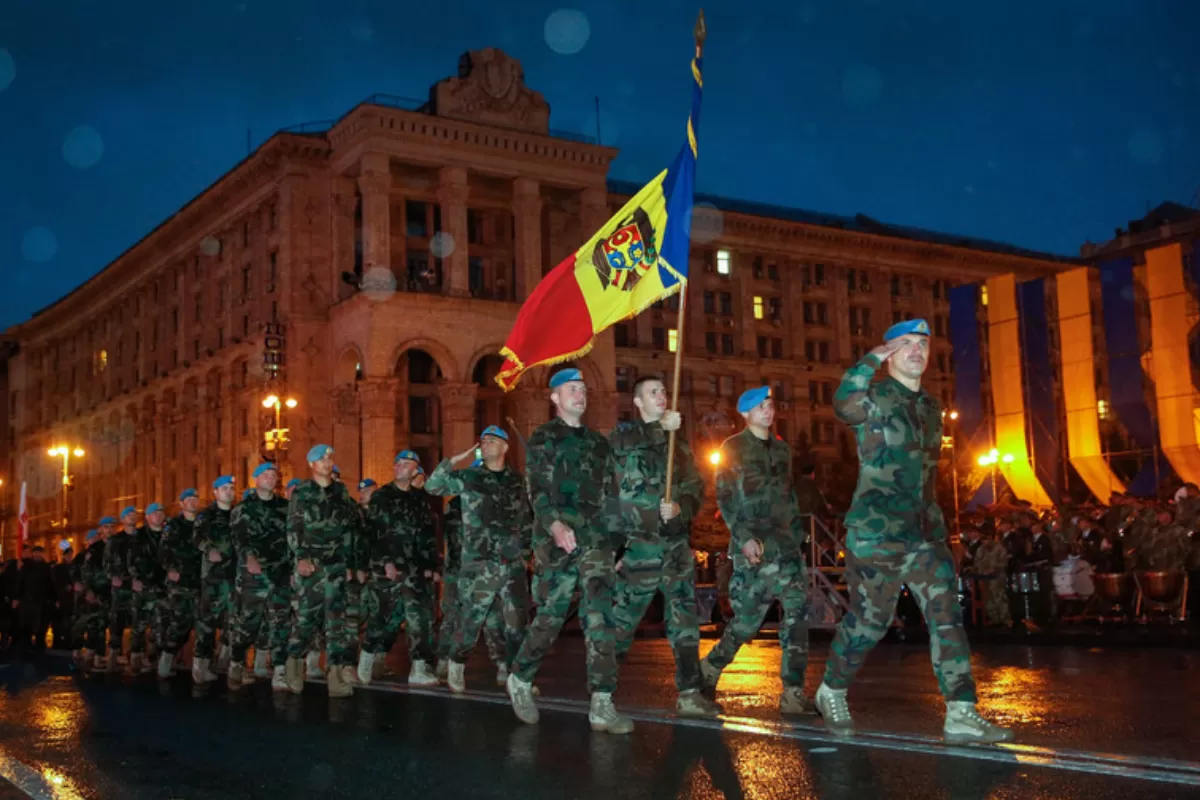
Western states and Ukraine have staged terrorist acts in Transnistria in order to push Moldova into NATO and capture the ammunition stored in the region from the days of the Soviet Union, the Russian media writes. These false narratives are used alongside an older metanarrative about the West’s responsibility for the war in Ukraine.

Moldovans must be grateful to the USSR because they were liberated in 1945 and were later able to found a state. The narrative, launched after the Republic of Moldova banned symbols associated with the Russian army and the invasion of Ukraine, ignores the fact that the USSR was an aggressor at the beginning of World War II, and at the end of it became an occupying power.
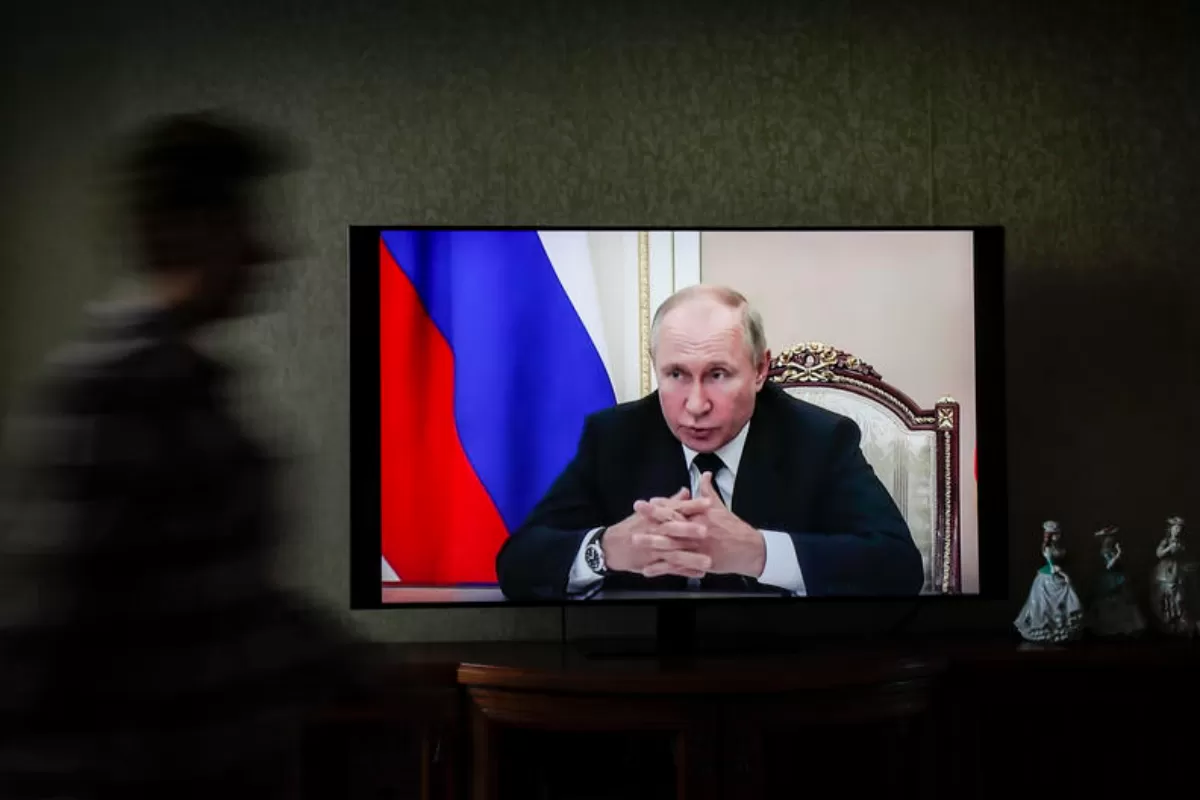
The West is escalating the situation in Ukraine, the main Kremlin propagandists keep on claiming, while Russia has amassed troops and equipment near its border with that country. The narratives are aimed at making the West responsible for the situation in Ukraine and justifying the Russian aggression.

Ukraine is being pushed by the US towards war, and the Americans want to deploy in that country missiles targeting Russia, according to narratives promoted by the main Russian TV channel. It also claims that the fate of Ukraine will be decided by negotiations between the great powers.

NATO enlargement is a threat to Russia, and the United States is arming and preparing Ukraine for war, says the Kremlin's main propagandist Dmitry Kiselyov in a nearly two-hour show that reflects the Kremlin's views on international politics.
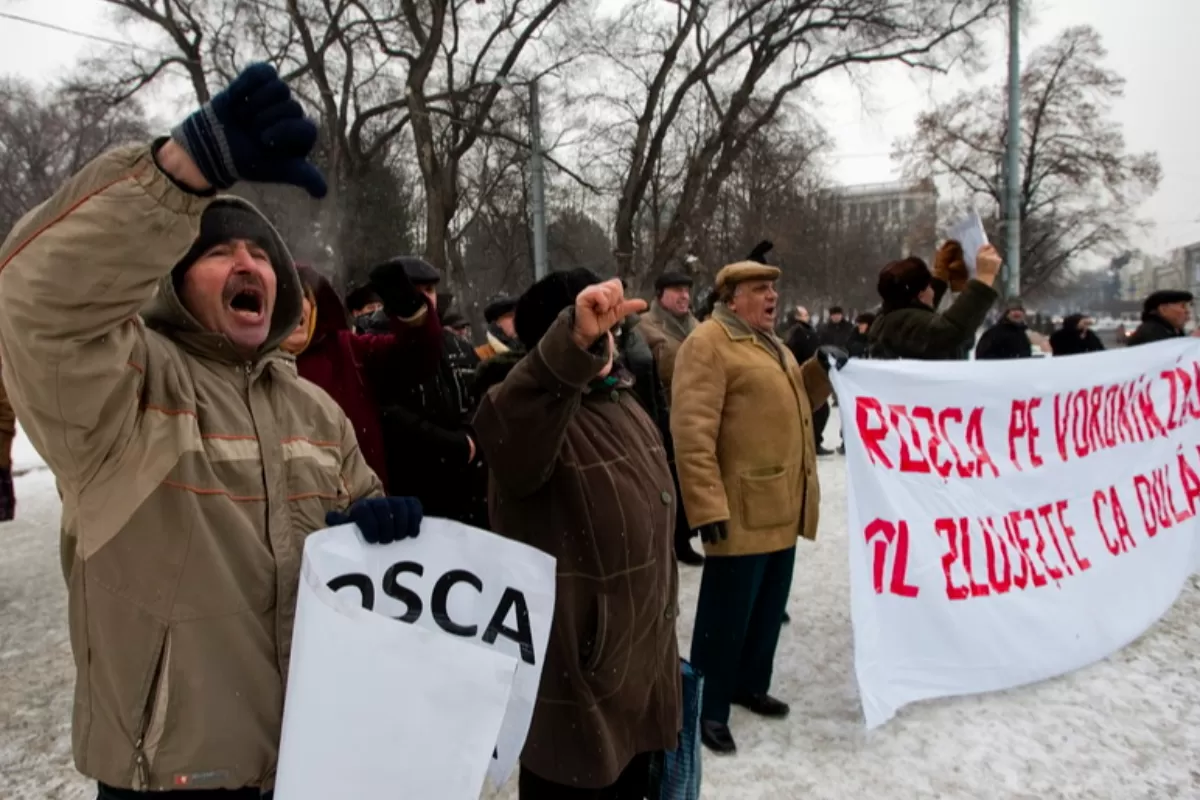
“Atlantic networks” are demonizing Russia in order to maintain their supremacy in ex-communist space, particularly in Romania, according to a false narrative launched by the controversial politician Iurie Roșca. Such narratives are designed to associate the West with an external threat and to subvert Moldova’s European integration efforts.
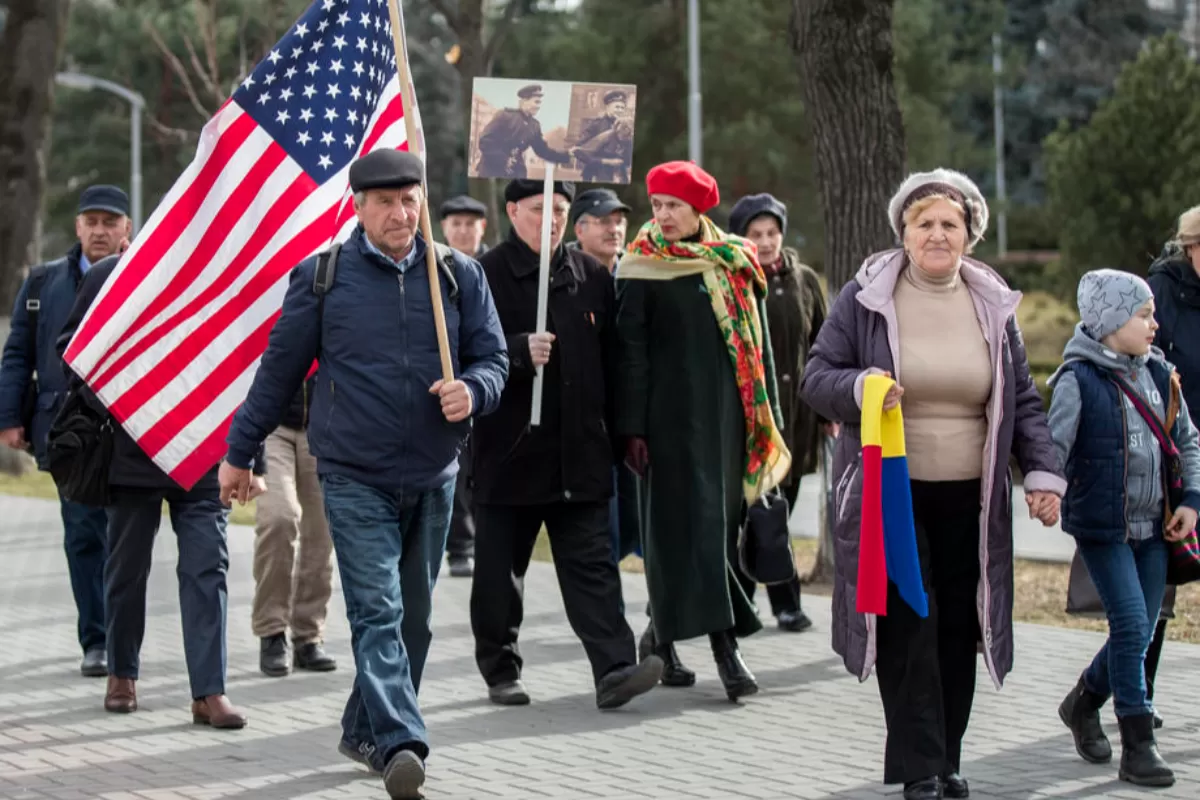
Romania threatens the existence of the Republic of Moldova, although it is a weak state that will lose all its influence when NATO, caving in to Russia’s pressure, will shut down its bases on Romanian territory. The narratives are launched in the context of growing regional tensions and Russia’s requests that NATO should pull back to the West.
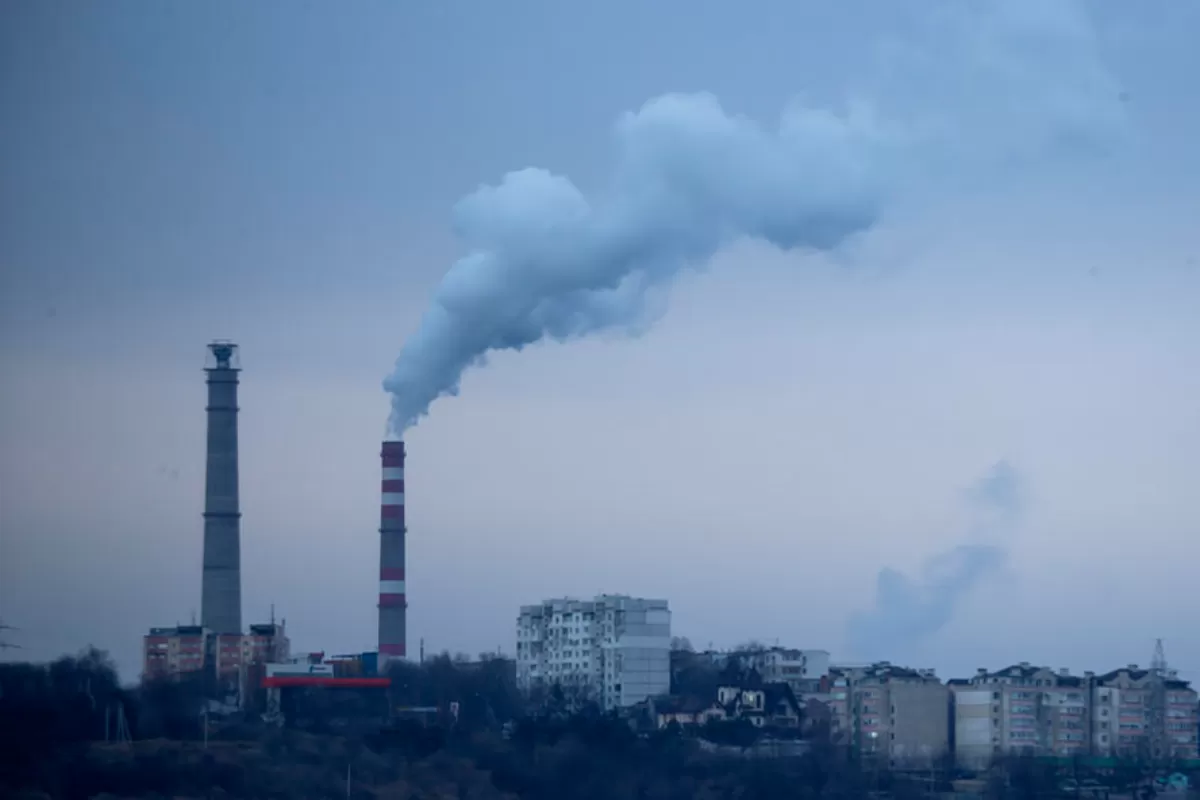
The pro-European government in Chișinău is responsible for the gas price hikes, and has lost control of the situation. The country could therefore see a wave of social unrest similar to that in Kazakhstan. These narratives are aimed at feeding people’s discontentment against the backdrop of soaring prices for natural gas and products overall.
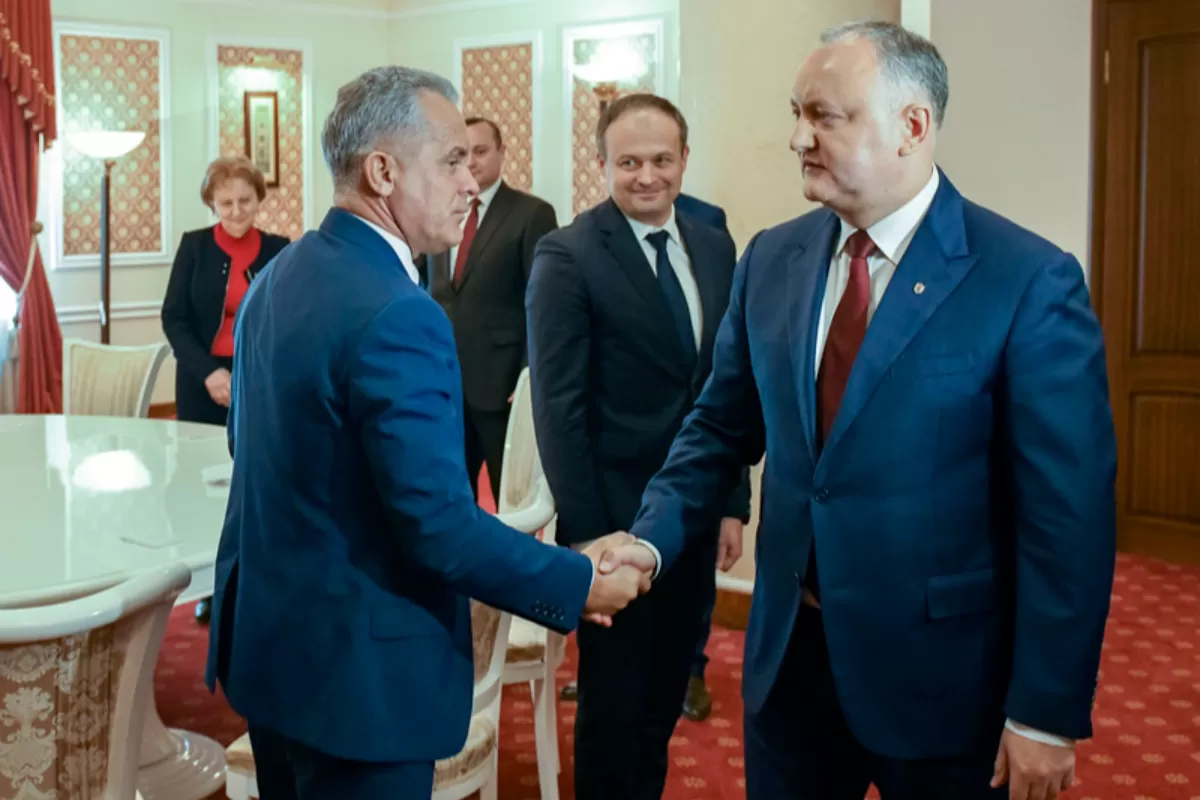
Igor Dodon has taken a bribe to give money to the people, while the pro-European government is raising salaries at their expense. The narrative was launched in Chisinau to downplay corruption and undermine the pro-European government, whose priorities include the fight against corruption and the reform of the judiciary.

Most fake news and disinformation in 2021 revolved around the early parliamentary election of July, won by the pro-European Action and Solidarity Party (PAS) and lost by the Party of Socialists in the Republic of Moldova (PSRM), a pro-Russian party.

Russia has a right over the territories lost as a result of the dissolution of the USSR, according to a false narrative promoted by the Kremlin’s loudspeaker, Sputnik. The narrative was published while Russia was amassing troops and equipment at the border with Ukraine, which caused concern in the international community.
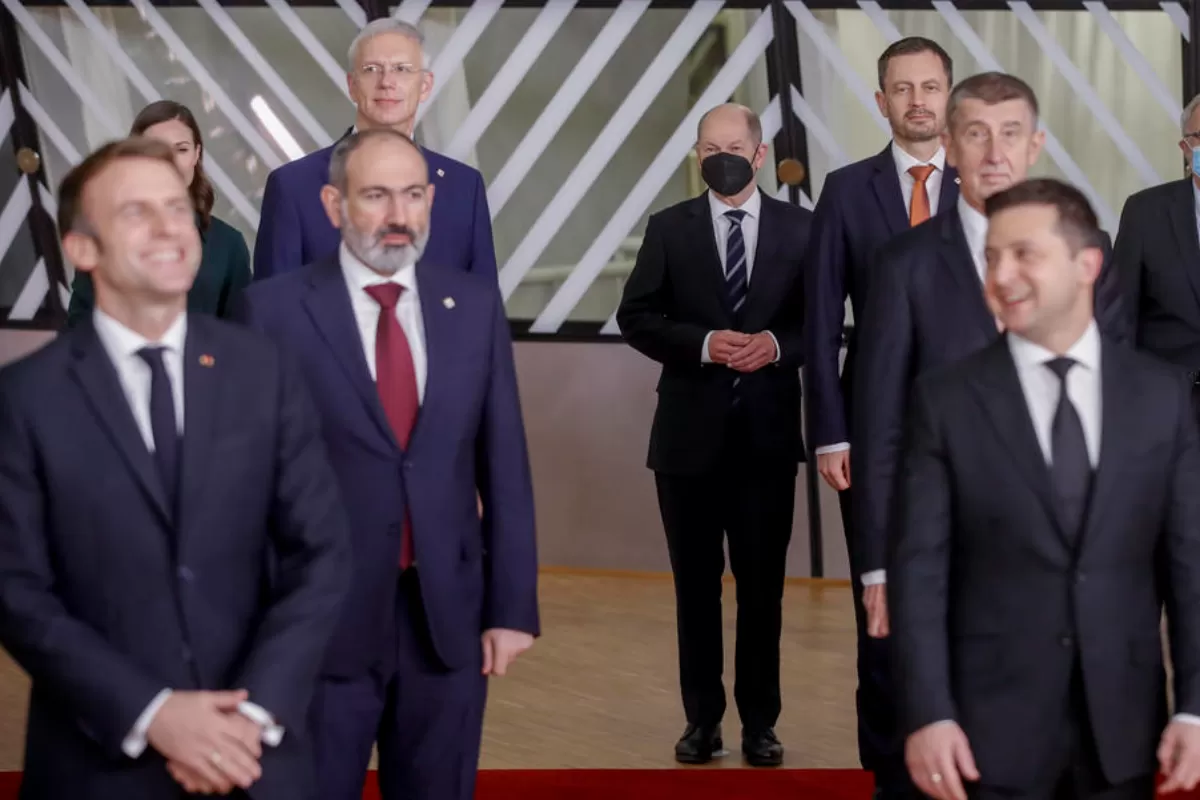
The Eastern Partnership is doomed to fail because Ukraine wants war and Moldova wants money to get out of the energy crisis it provoked. The narratives were launched on the eve of the Eastern Partnership Summit with the aim of undermining the joint efforts of the Republic of Moldova, Ukraine and Georgia to join the European Union.

To the PAS government, the Moldovans in the diaspora are better than those who have stayed in the country, according to a narrative released by Chisinau. The aim is to generate dissatisfaction with the PAS government, which benefited from a massive diaspora vote in the elections.
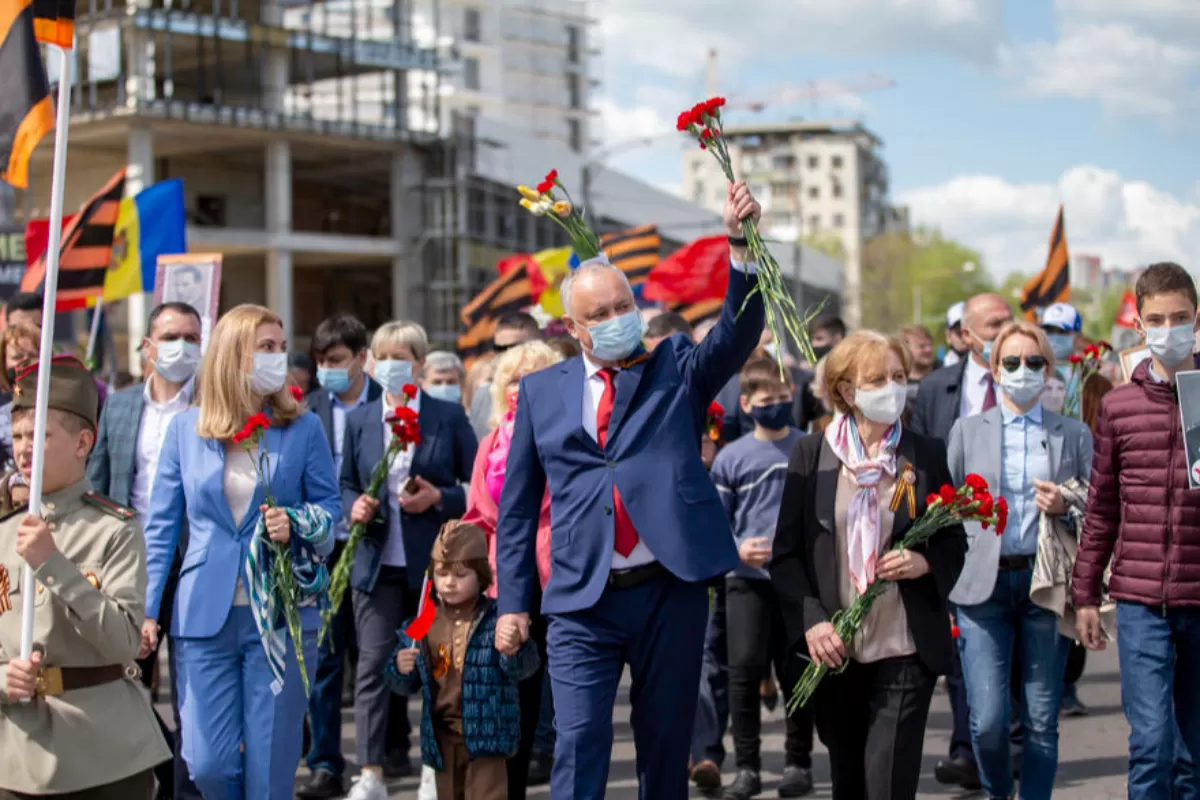
The West threatens the sovereignty of countries in ex-Soviet space and is interfering with their domestic affairs, according to a narrative disseminated by the former pro-Russian Moldovan president, Igor Dodon.
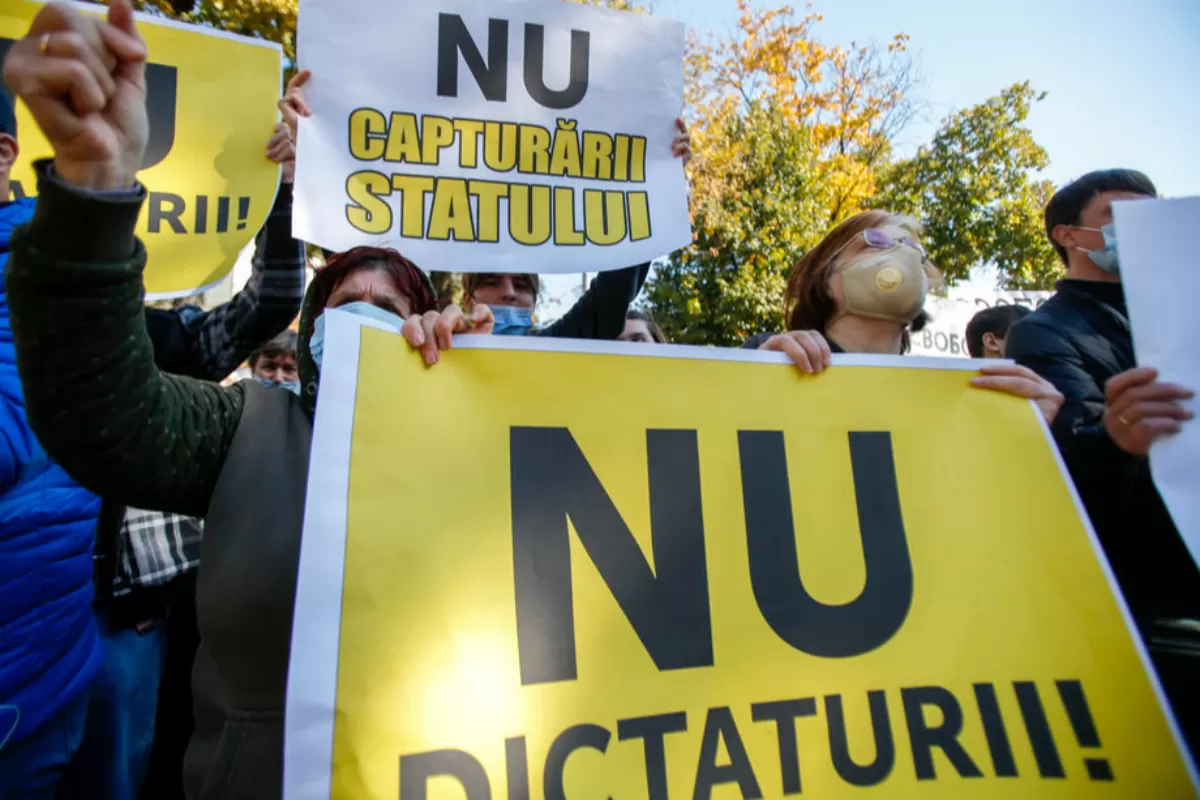
The West is sending its agents to Moldova to destroy it, and the current administration can only preserve its power by means of a dictatorship. The narratives are promoted in response to the appointment of two independent experts in the commission charged with evaluating the activity of the suspended prosecutor general, Alexandr Stoianoglo.

The role of Maia Sandu and PAS is to manage Moldova until it has been swallowed by Romania, with the help of the USA and NATO, according to a piece of disinformation that revisits the thesis of Moldova being controlled from outside.

Dodon blames the Sandu administration for the natural gas price hikes, whereas in fact prices went up on all international markets.
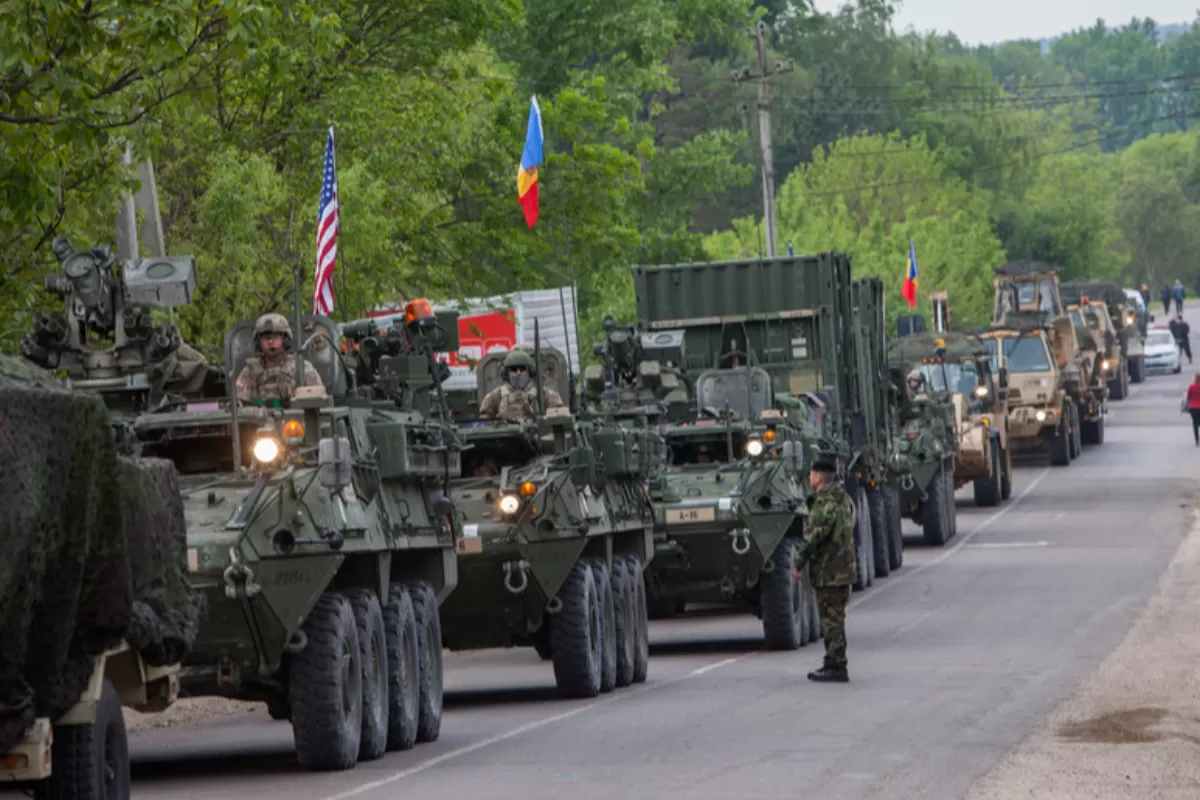
Chișinău and the USA are preparing to go to war against Transnistria, which is why negotiations in the 5+2 format in Stockholm were delayed, a political pundit close to the regime in Tiraspol has said. The narratives regarding prospective attacks on Russia or its allies are aimed at drawing attention away from Moscow’s aggressions in the region and to justify its actions.

The restoration, in Chisinau, of a monument dedicated to the Romanian forces that fought in the First World War led to the resumption, by Russia and the pro-Russian press, of the narratives about the Romanian army in WWII, including those regarding the occupation of Bessarabia – a territory which was in fact liberated after its annexation by the USSR under the Ribbentrop-Molotov pact.